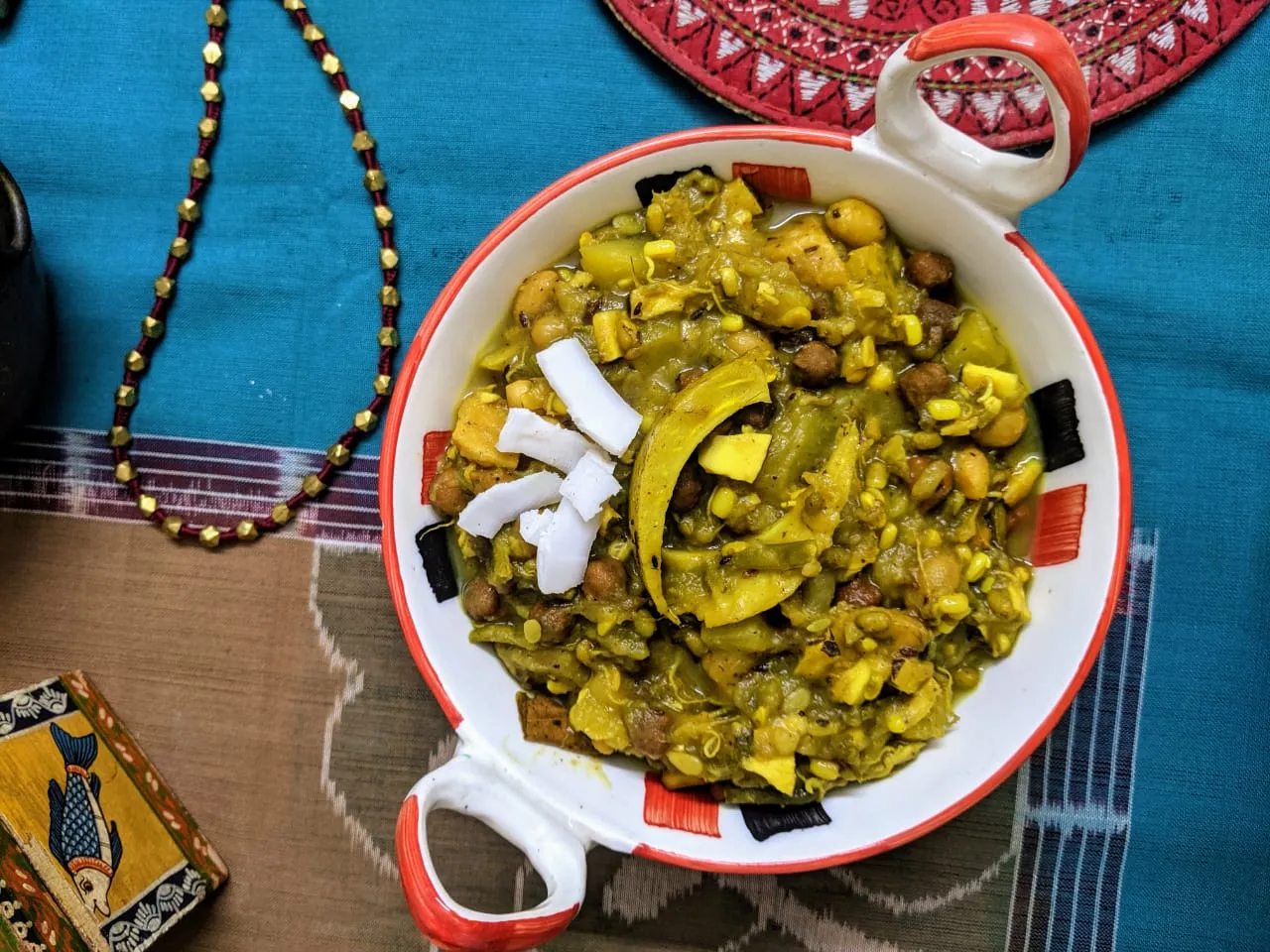

Dwitiya Osha, also known as Dwitiya Bahan Osha, is a prominent traditional festival celebrated in Odisha. It takes place during the Krishna Paksha in the month of Ashwin. On this day, married women observe a fast for the long life and well-being of their family members, particularly their sons. The festival is also referred to as Pua Jiuntia Osha, where “Pua” means son and “Jiuntia” signifies long life.
Importance of Mulaashtami & Dwitiya Osha
The eighth day of the Krishna Paksha in the Ashwin month is known as Mulaashtami. On this day, women observe the Dwitiya Osha fast. The festival involves the worship of Dwitiya Bahan, a mythical figure believed to be the son of Lord Surya (the Sun God), born to a Brahmin widow.
Legend behind Dwitiya Osha
An ancient legend associated with this fast tells the story of a kite and a wolf. The kite observes the fast with complete devotion, while the wolf breaks the fast by eating flesh due to hunger. Both are reborn as humans, and the kite, having observed the fast, is blessed with children, while the wolf remains childless. Through this tale, the significance of fasting and devotion is conveyed to women.
A day before the fast, women participate in a tradition called "Nama", where they prepare Pitha-Pana and perform rituals at the village pond. They offer prayers to Goddess Ganga, Sun God, and Dwitiya Bahan with incense, lamps, and offerings of food.
Fasting and Worship on Ashtami Day
On the day of Ashtami, women observe a strict fast, refraining from drinking water. In the evening, rituals are performed at the village pond where pictures of a fox and a kite are drawn, and the Dwitiya Osha song is sung.
Significance of Dwitiya Osha
The festival has strong familial ties, as the fruits, vegetables, and other materials required for the rituals are specially sent by the woman’s parents’ home, a practice known as Dwitiya Osha Bhara.
Importance of Ghaanta Curry
The day after the fast, women prepare Ghaant Curry, a vegetable curry that is made with various types of vegetables, and it is shared with family members, neighbors, and relatives as part of the tradition.
Dwitiya Osha is not just a religious festival, but also a symbol of women’s love, devotion, and commitment to their families. The rituals and stories associated with the festival strengthen the sense of harmony and unity within the community. It serves as a reminder of the importance of traditional values and relationships, forming an integral part of Odisha's cultural heritage.